|
By Ann Dypiangco, LCSW, See the Triumph Guest Blogger If we know one thing, it’s that you, as a survivor of intimate partner violence, are not defined by your past. Does it color your story? 100% - because we also know that past abuse can have a large impact on how survivors experience intimacy, relationships, and trust. Sliding into a brand new relationship with a kind, genuine, no-red-flags-here new partner can still feel….sticky. And one of the trickiest things can be to determine when, how, and how much to tell a new beau about your past. There is a natural progression in building a healthy relationship that is based on boundaries on how much you tell someone. Telling your darkest secrets on a first date is a set up for either rejection or having that information used against you. On the flip side, keeping the deep parts of you locked away can bring on feelings of shame and prevents emotional intimacy from forming. The boundaries you hold are based on your comfort, knowledge of the person, and the process of building trust gradually over time. Trust is a requirement so you know that the information you disclose to them will be handled tenderly and with respect. So just what is this process of building trust? And why does it take so long? Let’s talk about the Emotional Bank Account (EBA). Using the concept of the EBA can help you make the decision of if, what, and when you tell them about your past. EMOTIONAL BANK ACCOUNTS Everyone in your life has an Emotional Bank Account at the Bank of You. (YOU even have an account here! Be kind to yourself! The rates are fabulous!) Deposits and withdrawals are made up of your feelings around interactions with individuals - as opposed to cash. When your new love interest gives you a compliment, listens to you without judgment, does you a solid, makes you feel seen - those are all emotional deposits. The amount of emotional capital they have with you in their account grows. On the flip side - if they talk incessantly about themselves, always ask for favors but never return them, discloses something to others that you had confided in secret, or makes unkind comments to you - those are all withdrawals from the account. The hope in our relationships is that the balance is positive -more deposits than withdrawals. At the beginning of a new relationship, there should definitely be more deposits than withdrawals, otherwise, you’ve entered Red Flag City. Also, the first deposits should be smaller in scale. Grand gestures and relationships that start off with deep, emotional connection and bonding over the terrible hardships experienced in life can be warning signs. This new person may be listening with empathy now but they still haven’t actually built any trust with you on what they will do with this new information that is so personal to you. Trust is built gradually and because of this, the level of disclosure you provide to the other person should be as well. Starting superficial and going a little deeper with every deposit in the Emotional Bank Account. The deposit might be empathetic listening or even better, them disclosing something about themselves with the same level of depth or even a tiny bit deeper. Eventually, as the disclosures become deeper it will feel natural to disclose about your past. Not all at once, little by little. Going gradually and observing whether their response to what you share is a “withdrawal” or “deposit” will help further guide what you choose to share. There are many situations where waiting to disclose about the past abuse is not an option, such as if you are co-parenting with your abusive ex or if your ex is continually contacting you. If this is the case, you can offer explanations about your situation without apology (because their behavior is not your fault!). If there is any danger to your new romantic interest or threats against them, they deserve to know. It sucks because this might mean they high tail it in the opposite direction (but then were they really worth your time anyway? Probably not! ). Being upfront and unapologetic about safety and what it needs to look like in your life is a top priority. So whether you are getting ready for your next Zoom rendezvous or your flirty social distanced happy hour - take it at your own pace. Take note of that Emotional Bank Account balance and check in with your intuition. Divulging everything doesn’t make the inherently slow process of building trust go any faster - plus you’re worth the wait. :)  Ann Dypiangco, LCSW is a psychotherapist in the Los Angeles-area experienced in supporting women in every stage of recovery from intimate partner violence. She is co-founder of Resilient Rebound, a community dedicated to helping women who were in abusive relationships re-enter the dating world with confidence, resilience, and self-compassion. To learn more about Resilient Rebound go to www.resilientrebound.com. |
Archives
July 2024
CategoriesAll About Intimate Partner Violence About Intimate Partner Violence Advocacy Ambassadors Children Churches College Campuses Cultural Issues Domestic Violence Awareness Month Financial Recovery How To Help A Friend Human Rights Human-rights Immigrants International Media Overcoming Past Abuse Overcoming-past-abuse Parenting Prevention Resources For Survivors Safe Relationships Following Abuse Schools Selfcare Self-care Sexual Assault Sexuality Social Justice Social-justice Stigma Supporting Survivors Survivor Quotes Survivor-quotes Survivor Stories Teen Dating Violence Trafficking Transformative-approaches |
Search by typing & pressing enter


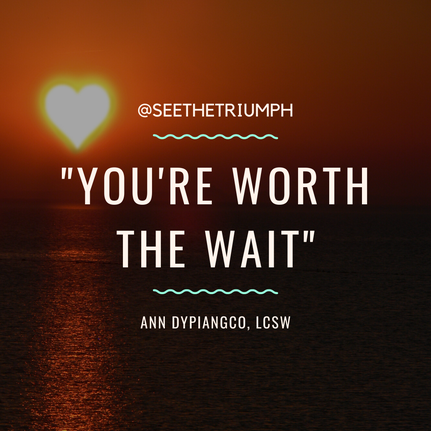
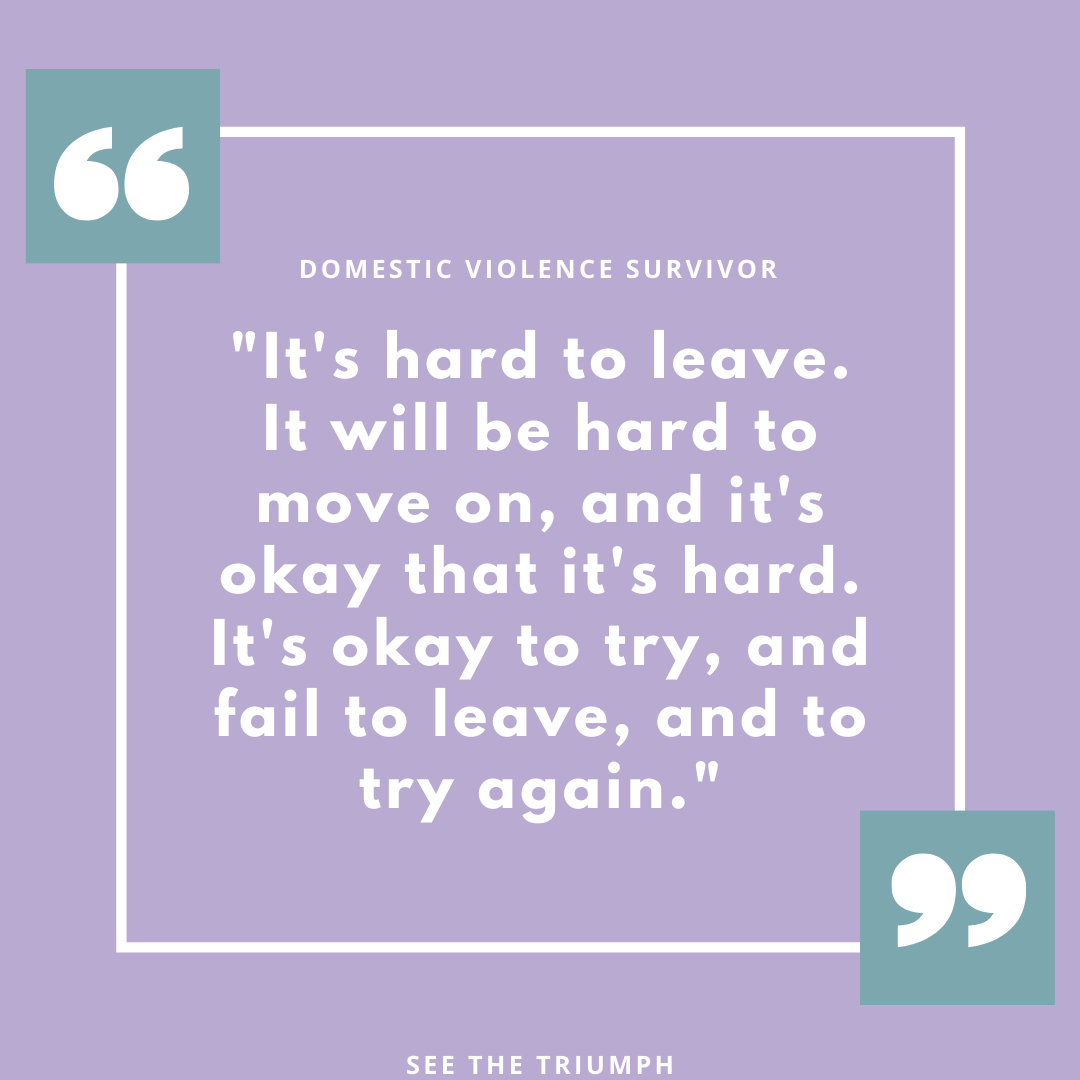
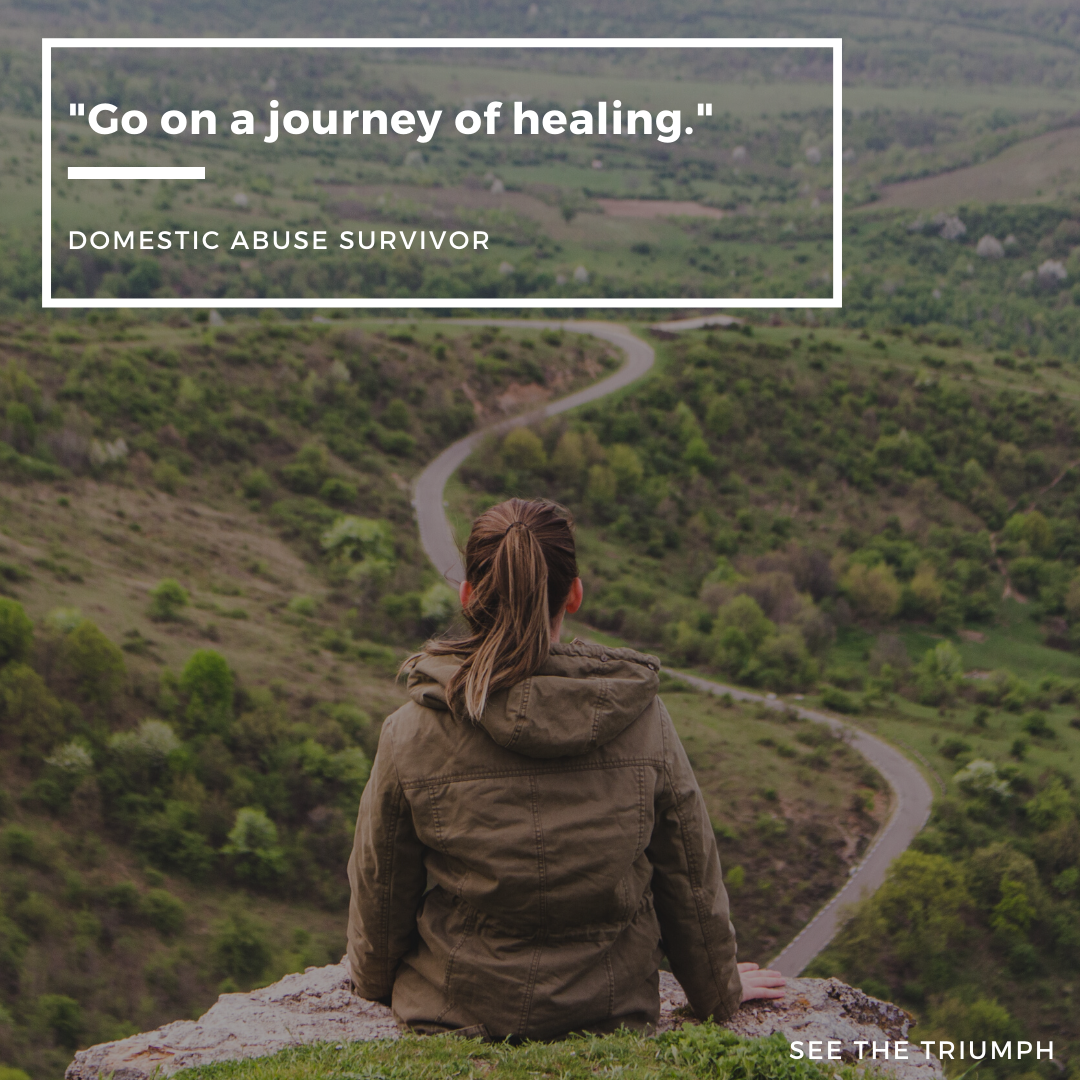
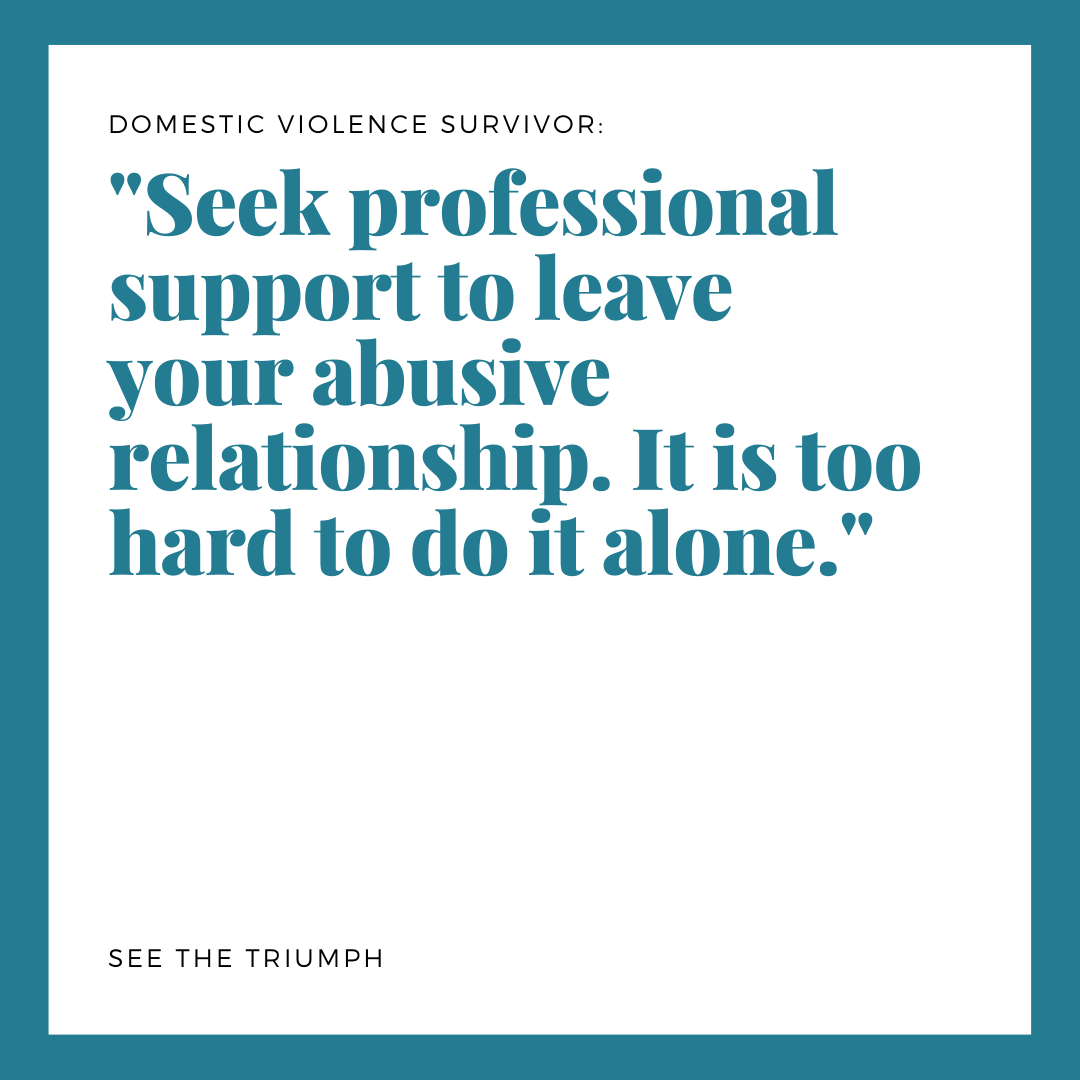
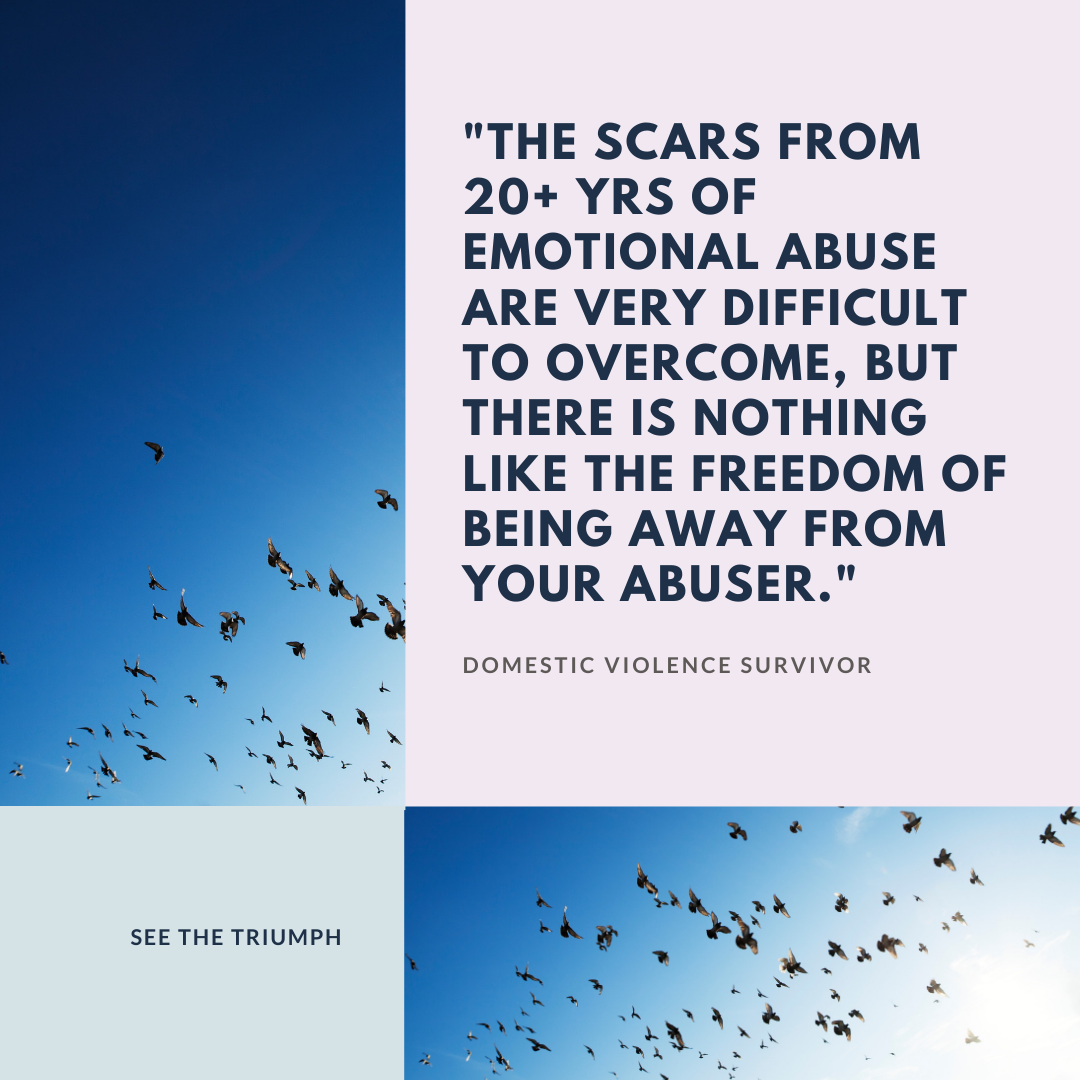

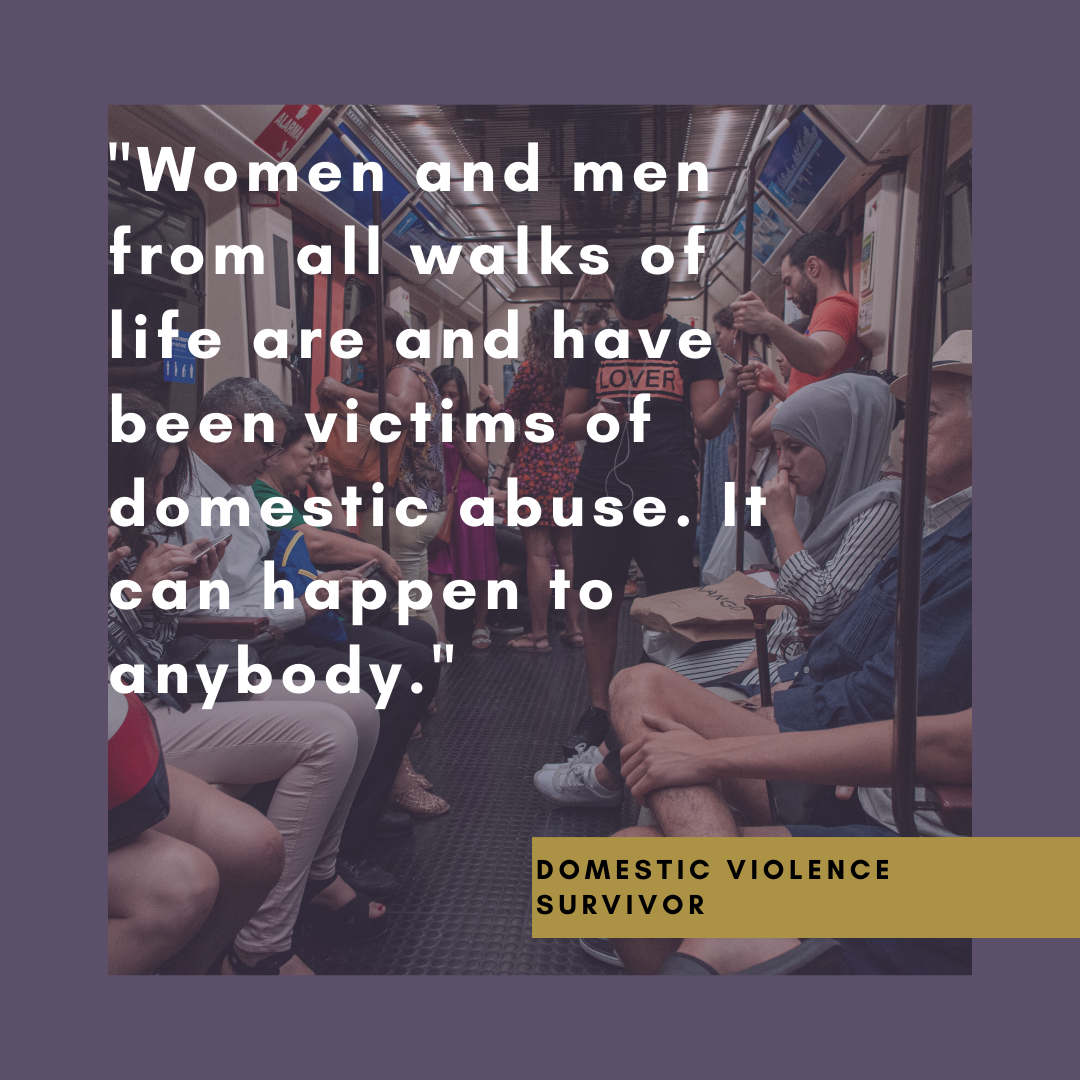
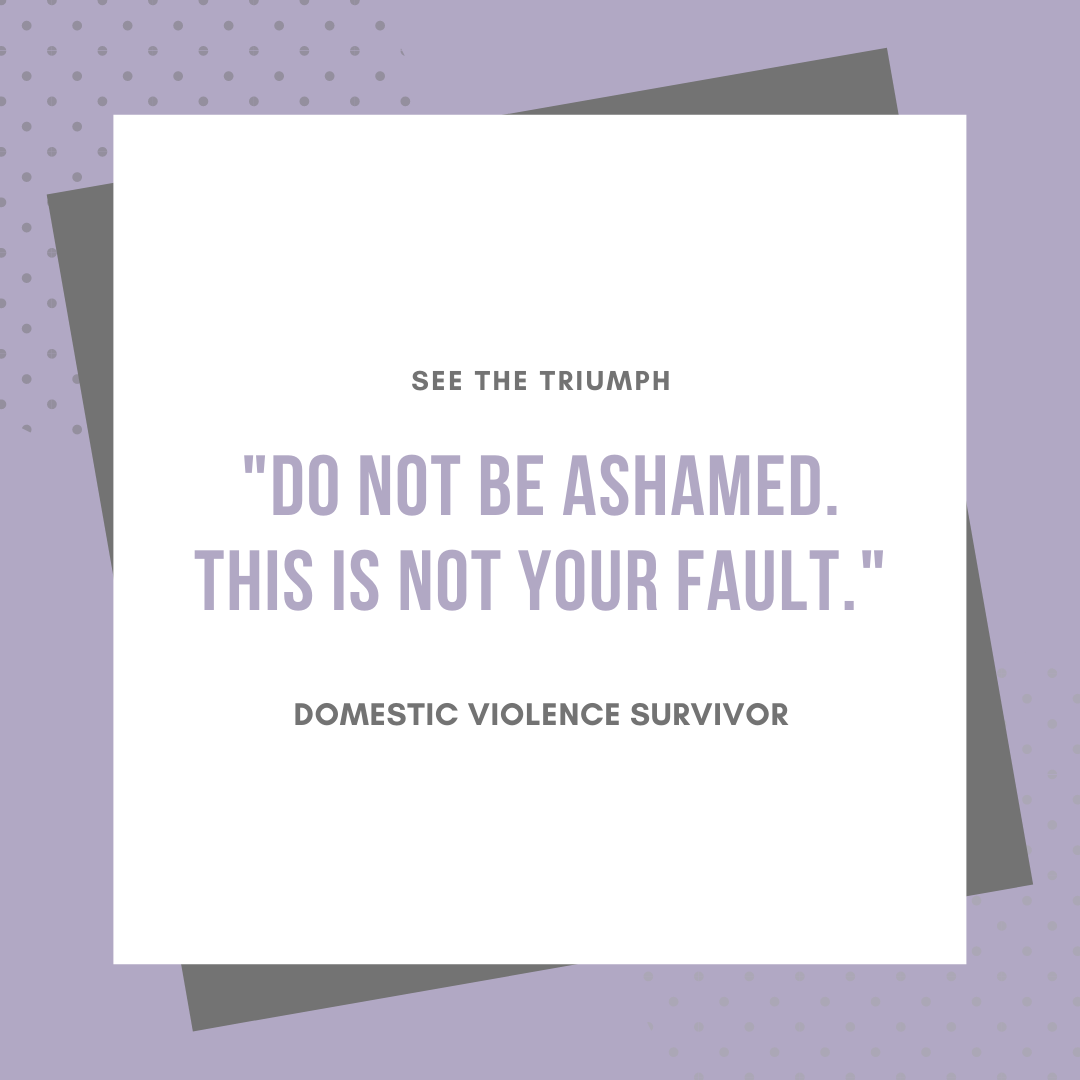
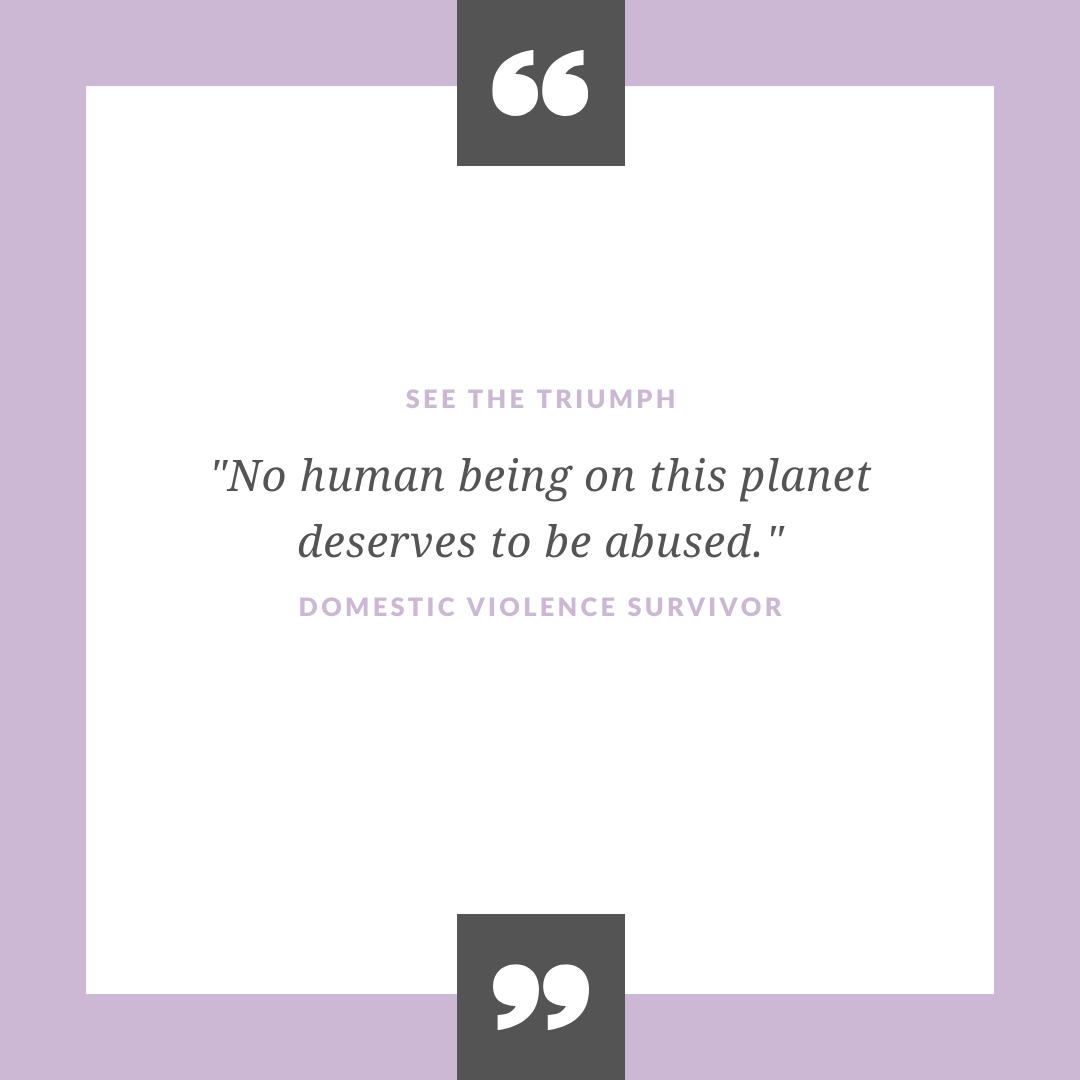
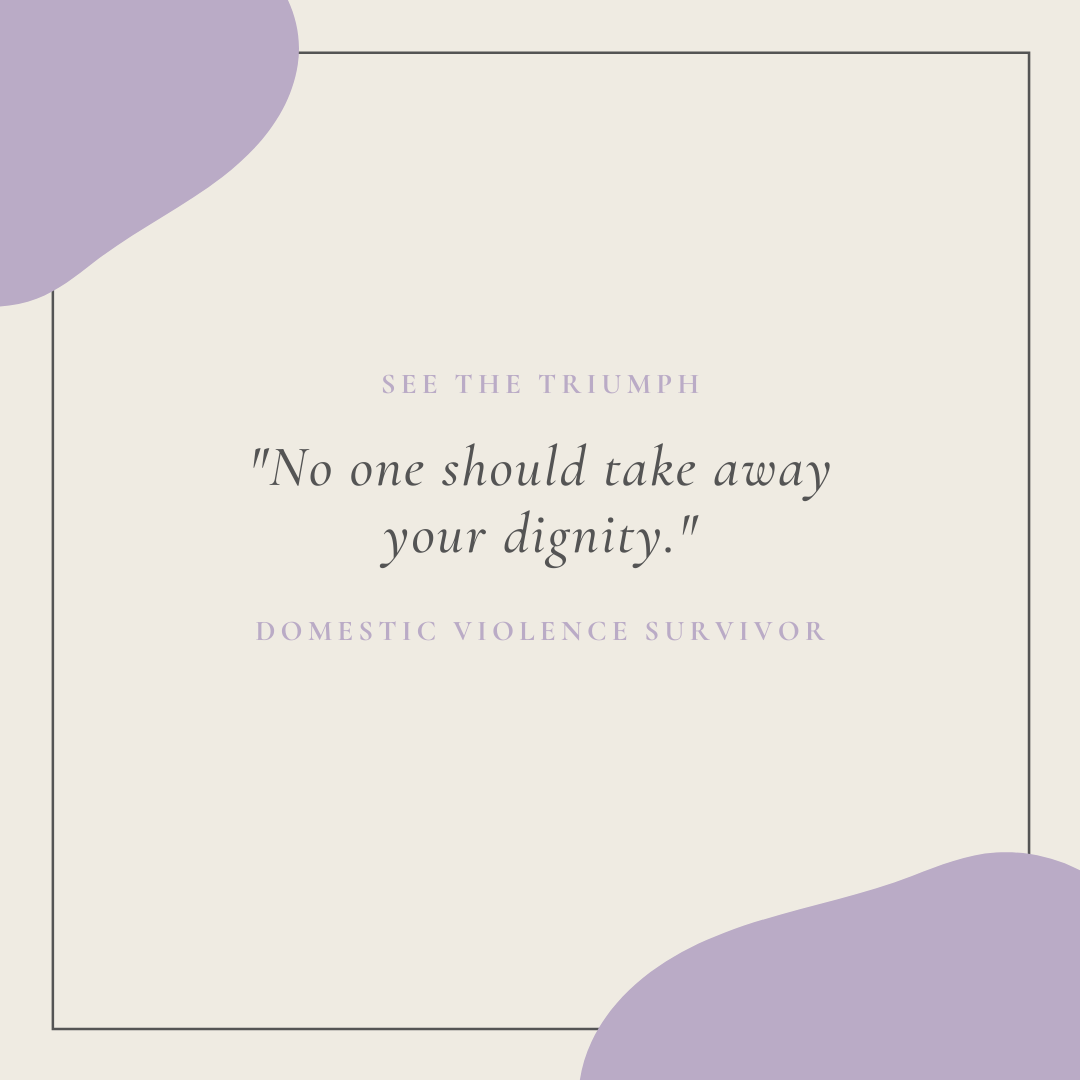
 RSS Feed
RSS Feed